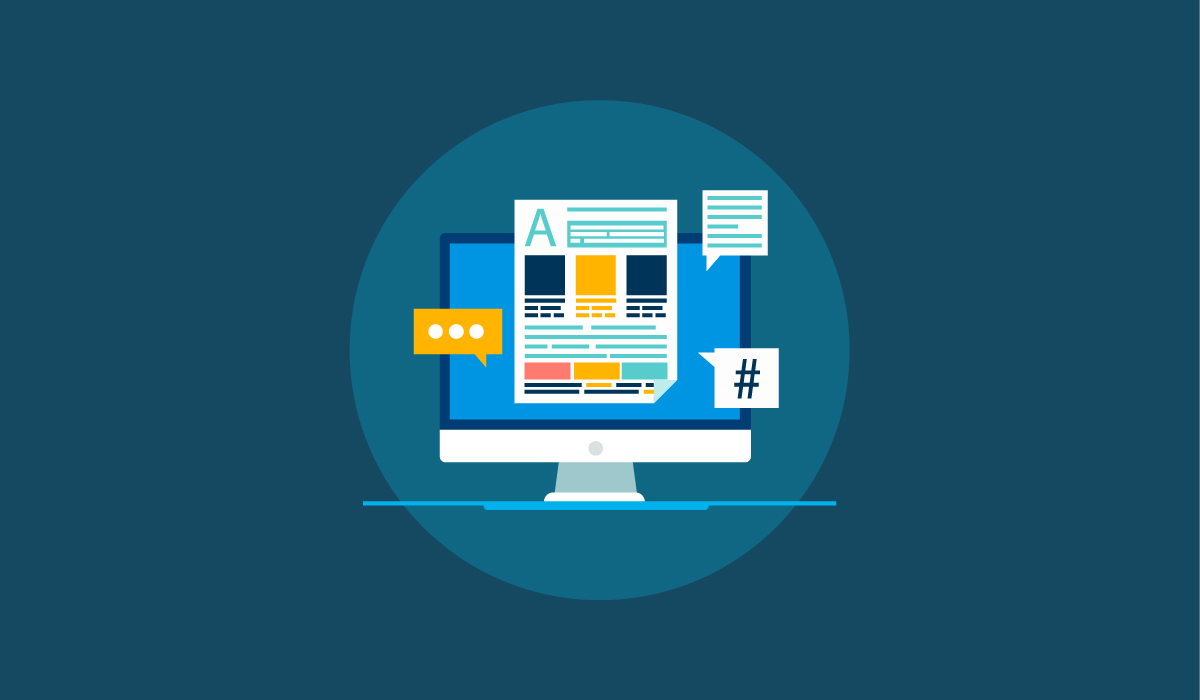The digital society in which we currently live, has not only marked us new forms of behavior, but has also forced us to acquire skills in accordance with this new world scenario. This means that living fully is intrinsically linked to knowing how to use technology with familiarity and security.
But what are digital skills? To clarify this answer, we can say that they are the set of knowledge, capacities, skills, abilities and attitudes that are required for the strategic use of information and communication to achieve objectives related to work, employability, learning, use of free time. , inclusion and participation in the digital society.
In this sense, administrations, specifically the European Commission, are concerned with ensuring that their citizens have basic digital skills in an increasingly globalized and digital world and, therefore, have worked within a common frame of reference: DigComp 2.1. This is defined by 21 digital competencies, divided into five areas, that every citizen should have today to live in the digital society: Digital Literacy, Communication and collaboration, Creation of digital content, Security and Problem solving. We describe each of them below:
1. Competences related to digital literacy:
It is the ability to identify, locate, retrieve, store, organize and analyze digital information and evaluate its relevance:
• Navigation, search and filtering of data, information and digital content
• Evaluation of data, information and digital content
• Management of data, information and digital content.
2. Competences related to communication and collaboration:
It is the ability to communicate, collaborate, interact and participate in virtual teams and networks, as well as make use of appropriate means, tone and behavior:
• Interact through digital technologies
• Sharing through digital technologies
• Citizen participation through digital technologies
• Collaborate through digital technologies
• Netiquette and network behavior
• Digital identity management
3. Competences related to the creation of digital content:
It is the ability to create, configure, expand and edit digital content, and understand its rules:
• Develop digital content
• Integrate and rework digital content
• Copyright and licenses
• Programming
4. Competences related to digital security:
It is the ability to protect devices, people, environment, content, personal data and privacy in digital environments using digital technology in a safe and sustainable way:
• Device protection
• Protection of personal data and privacy
• Protection of health and well-being
• Environmental Protection
5. Competences related to problem solving:
It is the ability to solve digital problems and explore new ways to take advantage of technology:
• Solve technical problems
• Identification of technological needs and responses
• Creative use of digital technologies
• Identification of digital competence gaps
DigComp offers a tool to improve the digital competence of citizens. It was first published in 2013 and has become a reference for many digital competence initiatives at European and Member State level. The DigComp implementation guidelines will be available here.
Ad Maiorem Consulting
Your gate to the future!
Buscar
Categorías
Categories
Archivos
Archives
The information contained in this document is informative in nature about the activities of the company. It contains general aspects and does not express any desire to provide specific third party data. We cannot guarantee that the data provided will be up to date in the near future. In this sense, if there is a willingness to use them, it is recommended to take the content as a reference and carry out its timely verification. For these purposes, we are at your disposal.
Share this article with your contacts!
© Copyright 2023 – Ad Maiorem Consulting. All rights reserved. Ad Maiorem Consulting is a brand that refers to one or more member companies at a global level, each of which is a legal and independent entity in the country in which it is located, without constituting an international company. Ad Maiorem Consulting offers consulting services in technology, engineering and innovation to its clients.
European Regional Development Fund
A way to make Europe






